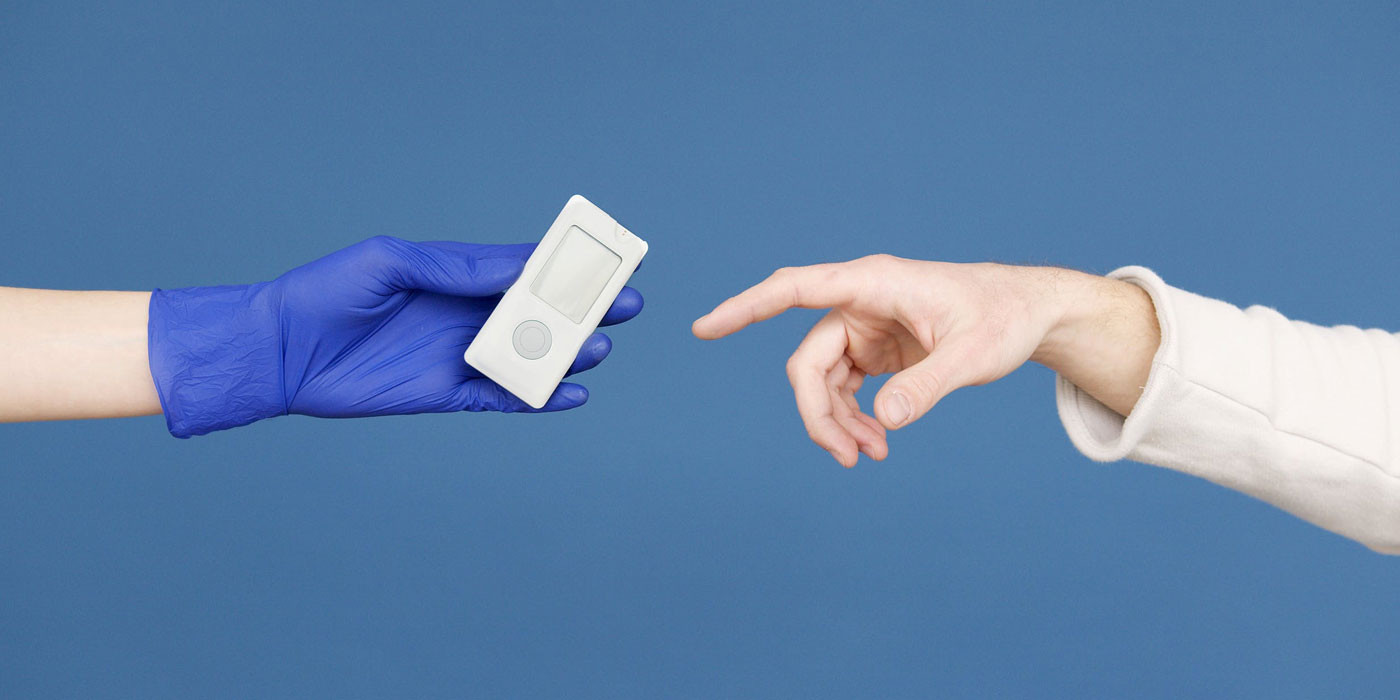Top 9 smart diet tips to avoid diabetes:
There are the top 9 smart diet tips to avoid diabetes. Diabetes is something that plagues a large segment of the population in the modern world. The disease often gets misdiagnosed as well. The patients suffer before they receive proper treatment. If you’re looking for an alternative to expensive drugs with severe side effects, then this article is for you. Preventive measures are the best thing you can do to reduce your risk of developing diabetes and stop its progression. We will talk about changing your diet and lifestyle.
The ailment of diabetes affects people who are overweight or obese. The disease also affects those who are not overweight but have high blood pressure, high cholesterol levels, or a family history of type 2 diabetes. Type 2 diabetes happens when your pancreas does not make enough insulin to control blood sugar levels. The disease can also occur when your body does not respond to insulin (insulin resistance).
Prevention is better than cure so let us explore the solution.
# 1 Reduce intake of refined grains
Eat whole grains instead of refined grains (white bread). The whole grains contain fiber that helps you feel full. You are less likely to overeat later in the day. Look for bread made from 100 percent whole wheat flour or other whole grains such as oats or barley. If you don’t want to give up white bread completely, try one slice of whole-wheat toast with jam for breakfast instead of two slices of white toast with butter or margarine.
# 2 Favor having natural fruits
Choose fruits over processed sweets whenever possible. Fresh fruit provides vitamins, minerals, and fiber. Processed sweets can cause spikes in blood glucose levels. Processed sweets contain added sugars that aren’t found naturally in foods such as fruit juices. The positive aspect is some juices can be healthy choices if you’re watching your weight.
# 3 Eat foods low on the glycemic index (GI)
Low-GI foods release glucose gradually into the bloodstream, helping you feel full without causing a spike in blood sugar levels. These foods include most fruits and vegetables such as apples, pears, and broccoli; legumes such as beans and lentils; non-starchy vegetables such as salad greens like lettuce; whole grains such as brown rice; nuts; seeds; whole grains such as oats; lean meats such as chicken breast or fish fillet; dairy products such as skim milk or low-fat yogurt; and lean cuts of meat without visible fat.
# 4 Eat your food slowly
Eat slowly and enjoy every bite of your meal. When you eat slowly, it takes time for your brain and stomach to register that they feel full — so slowing down will help keep you from overeating. Don’t shove food into your mouth while doing other things; instead, focus on savoring each bite by chewing slowly and appreciating its unique flavor and texture.
# 5 Indulge in smart eating even when going to restaurants
Set limits for yourself before going to a restaurant. Check out the menu online before heading to restaurants. You will know how much food is in serving size and can estimate how many servings are in each dish. Keep an eye on the number of servings you eat at each meal — whether at home or out — so you know when you’ve had enough.
When you eat out at restaurants, order your entrée with an appetizer-size salad or vegetable side dish instead of an extra bread basket or chips. It will help keep your portions in check!
#6 Indulge in healthy snacking
Snacking is a great way to keep your blood sugar levels balanced and prevent overeating. It is important to choose healthy snacks with fewer calories.
Here are some examples of healthy snacks:
Nuts – Nuts are a great source of protein and fiber, which will help keep you full. They also contain omega-3 fatty acids, which lower your risk for heart disease and other chronic conditions.
Fruit – Fruit is a low-sugar snack that is packed with vitamins and minerals. A serving of fruit contains about 80 calories, so just make sure you don’t overdo it on the portions!
Cereal – If you are looking for something crunchy, try cereal as a snack instead of chips or pretzels. You’ll get fiber from whole grains and keep blood sugar levels steady.
#7 Enjoy small food portions
If you feel hungry in the evening, make sure you eat small meals at regular intervals. Experts recommend eating three or four smaller meals throughout the day instead of three large ones. Try to avoid eating late at night. If you are under a lot of stress and do not get sleep, make sure that you eat regularly, because you may be more likely to binge eat at night.
#8 Check food labels when shopping for food
Check food labels for fat content when shopping for yogurt, milk, and cheese products.
#9 Foods to avoid to prevent the disease Diabetes
- Chips and fries: These foods are high in fat, which can cause weight gain and other health problems. If you want to lose weight or maintain your weight, then stay away from these snacks as much as possible.
- Sweetened beverages: Sodas and other sweetened beverages are made with sugar or high fructose corn syrup (HFCS) which raises blood glucose levels when consumed regularly. These drinks also contain artificial sweeteners like aspartame which lead to cancer in lab animals. You should avoid these drinks at all costs to keep your body healthy.
Include exercise in your routine. Exercise helps you lose the extra calories. It will help to keep your blood sugar levels in control and release happy hormones.






